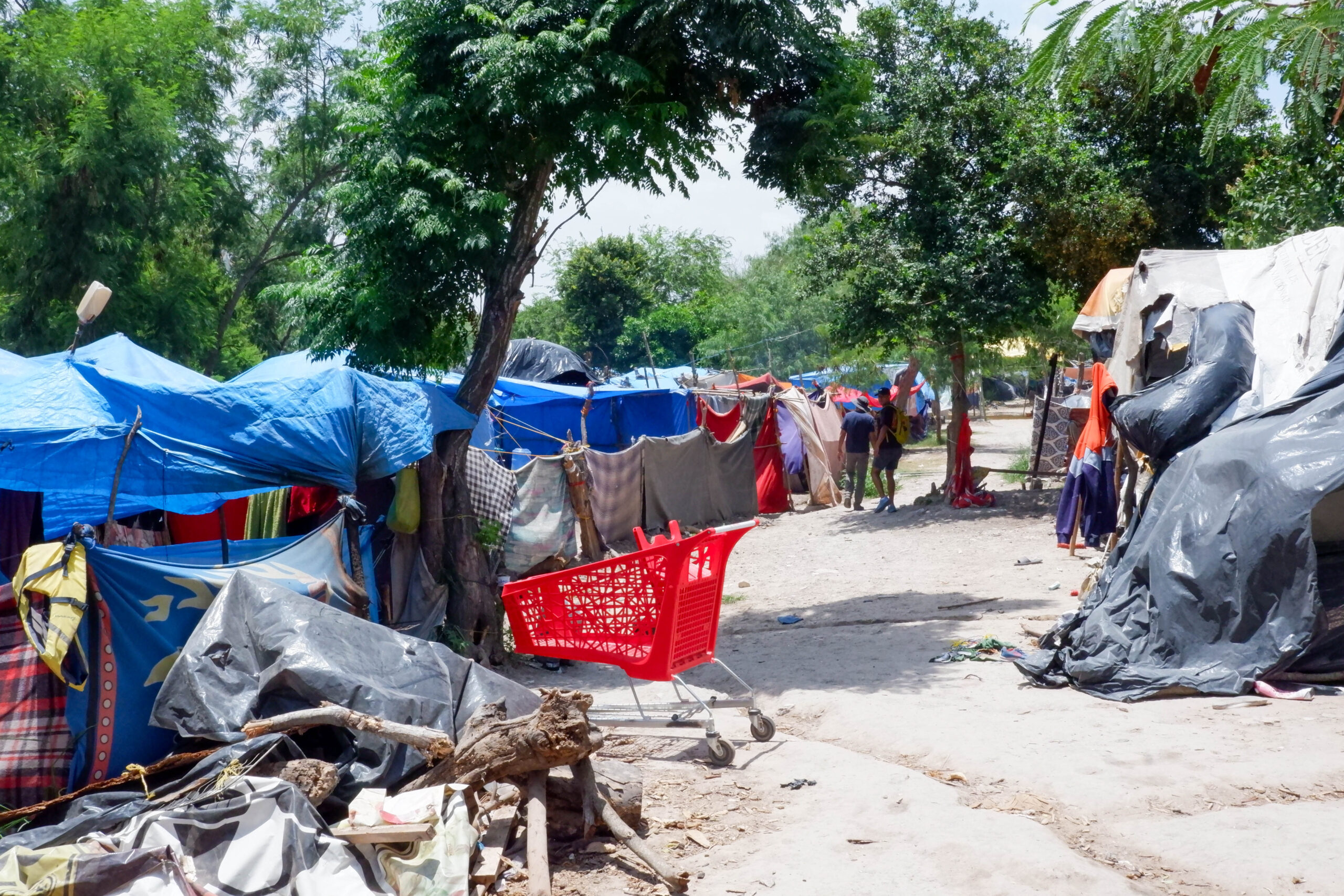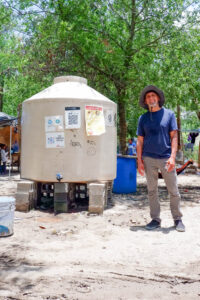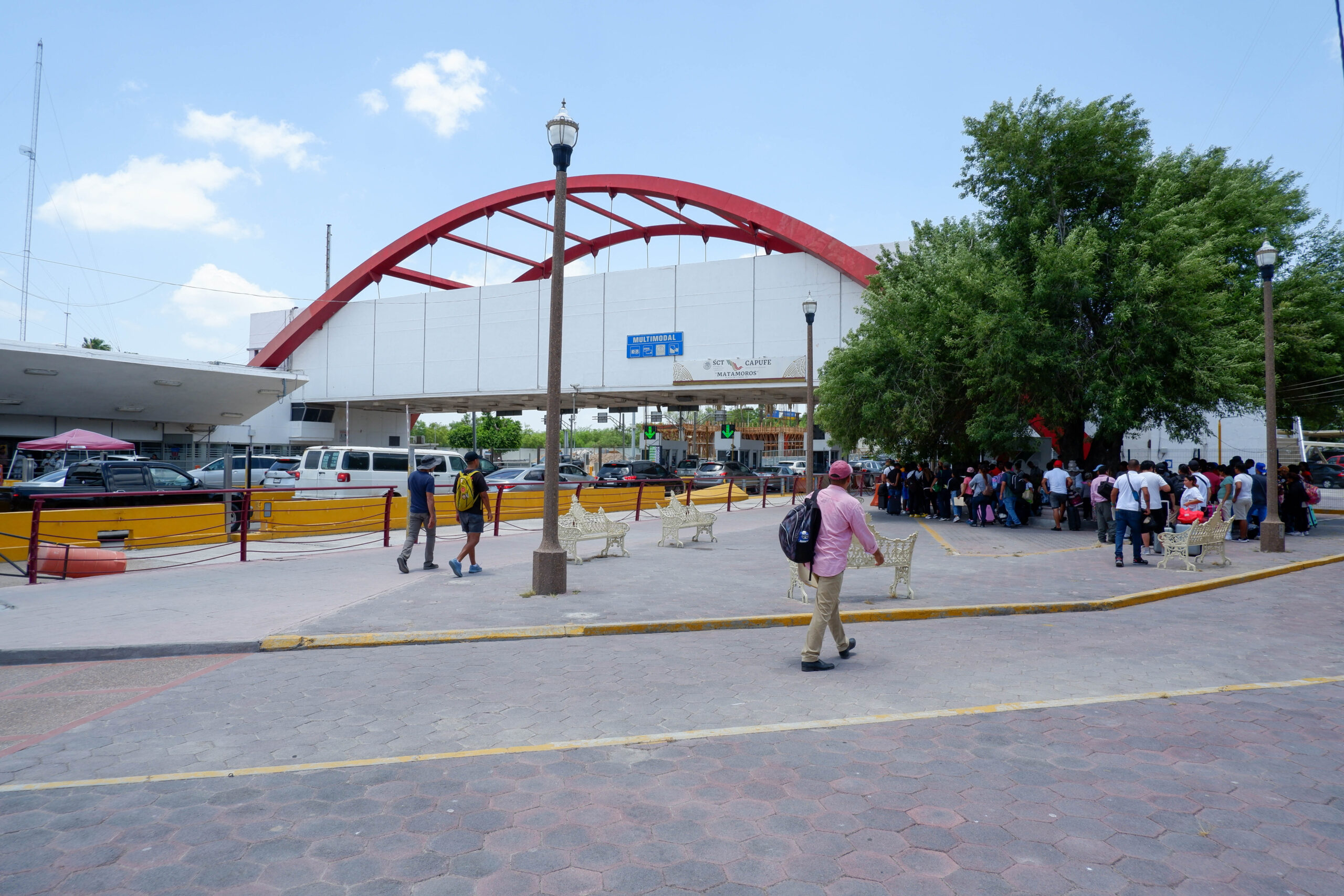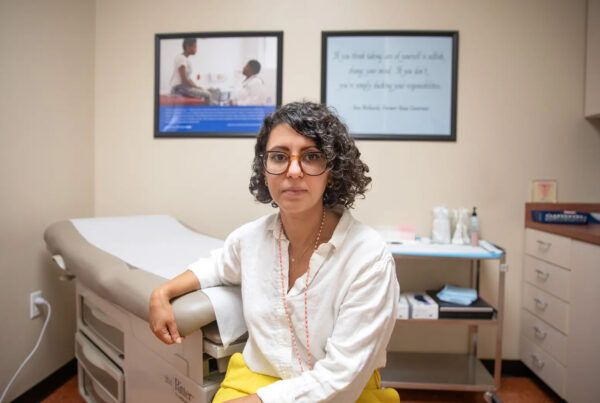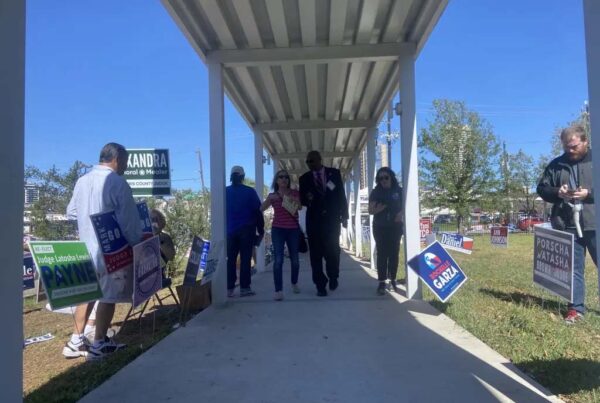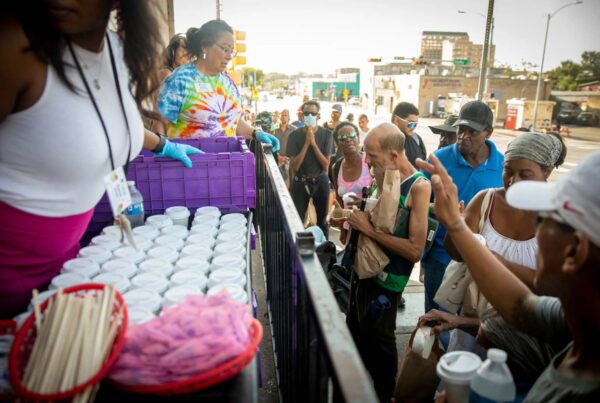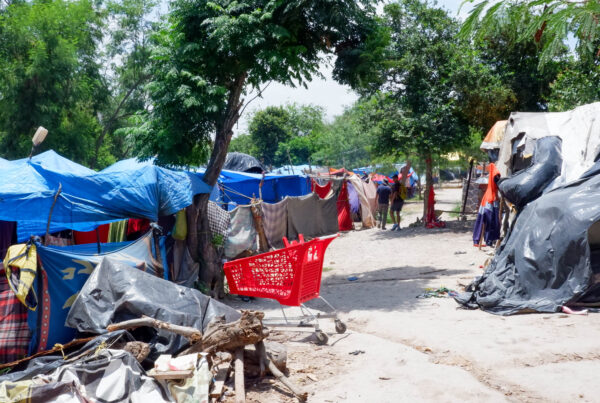A Trump-era border policy known as Title 42 ended in May, and since then, many public figures have offered their opinions of how the federal government is handling the transition.
Gov. Greg Abbott made the case for his Operation Lone Star border operation on a conservative talk show in late July.
“This is a topsy-turvy, Alice in Wonderland type approach by the Biden administration,” he said. “We need a president of the United States that is going to enforce the laws of the United States that prevent illegal immigration.”
Operation Lone Star authorized the deployment of troopers and national guard forces to the Texas/Mexico border. The initiative has so far cost the state over $4 billion.
» RELATED: An up-close look at Gov. Greg Abbott’s floating wall in the Rio Grande
While Abbott continues to claim the Biden administration has “open border policies,” human rights advocates say the Biden administration’s border policy excludes too many asylum seekers.
U.S. District Judge Jon Tigar agrees with those advocates. In late July, he ruled that current border policy is contrary to federal immigration law. All of this while the Biden administration reported 60,000 less border encounters per month from May to June.


